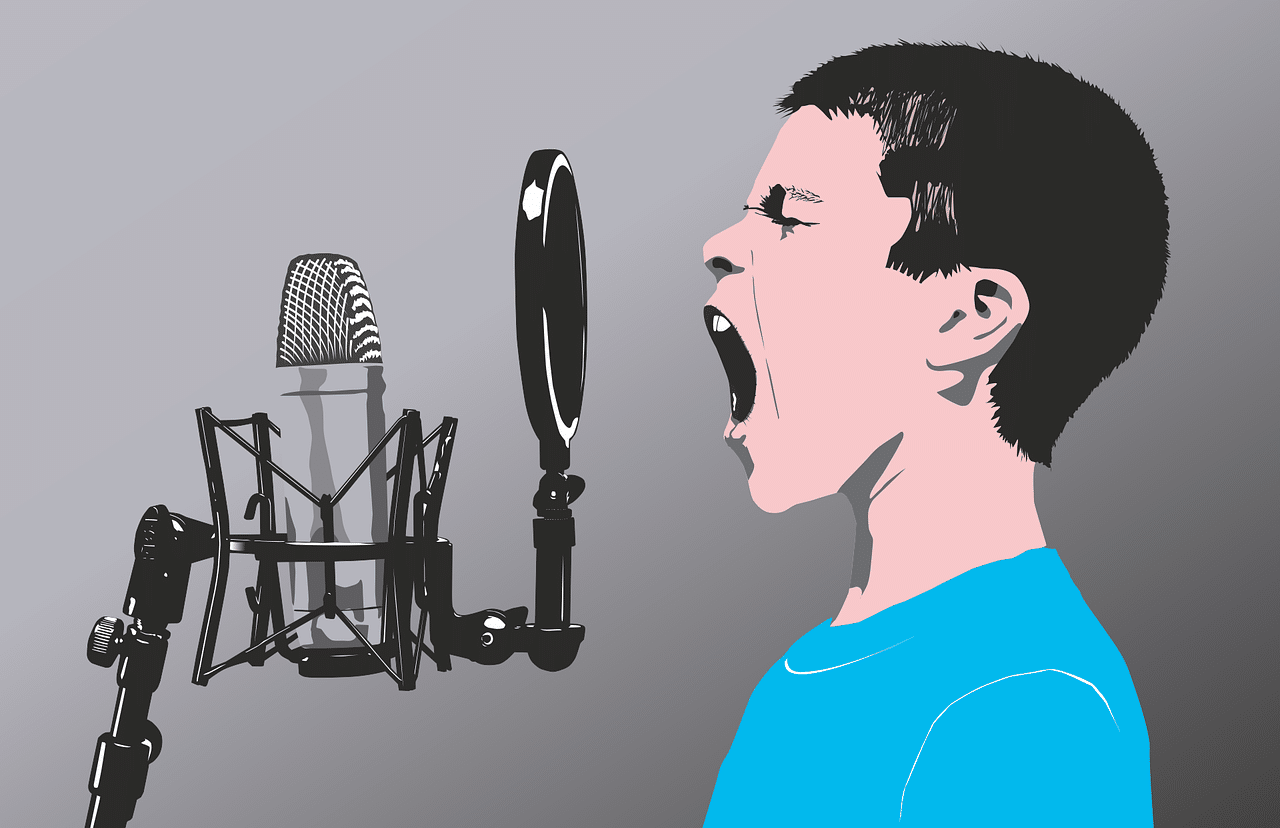
Smoking, shouting, and frequently pushing your voice to the extreme can hurt the vocal cords and affect speech, to a greater or lesser extent.
The vocal cords are located in the larynx . They are two pairs of folds that, despite their popular name, do not have the appearance of rope. They are part of the speech apparatus of human beings and are specifically linked to the generation of sounds .
Thanks to the vibration of the vocal cords from the air that comes out of the lungs, each person's voice emerges. In this regard, it is worth noting that the articulation of the voice does not involve the upper folds (called ventricular bands) but rather the lower folds, known as vocal muscles . The dynamic that involves them consists of an opening ( breathing phase in which, with each inhalation , the air circulates freely without putting pressure on the vocal cords and accessing, for example, the trachea ) and a union that causes the air to makes the lower membranes vibrate, thus creating the sound of the voice .
Functions of the vocal cords
The main functions of the vocal cords focus on allowing each subject to carry out a phonation process that results in their own, unique and original voice. Through oral expression, the articulation of sounds that make up words , communication is facilitated.
They are also essential for the phenomenon of respiration and, as a result of their activity, their location and the particularities of their structure, they contribute to protecting the respiratory system .
A fact to consider beyond the role they play: the vocal cords undergo transformations as people grow and develop. That is why the little ones usually have higher voices compared to the voice of an adult , puberty being the stage of lengthening and increasing the thickness of the vocal folds.

The vocal cords are essential in the act of oral communication: to be part of a dialogue, deliver a speech or read a story, for example, the voice is needed.
How to take care of your voice
Knowing how to take care of your voice is extremely important to be able to minimize or avoid issues that, in the short, medium or long term, can cause damage of varying degrees to the vocal cords .
There are sores, vocal nodules and polyps that arise as a result of pushing yourself too hard in terms of speech or using your voice inappropriately. Excessive singing , shouting and the tendency to talk excessively are factors that predispose one to suffering from vocal cord problems.
Sometimes, the larynx is affected by some disorder that may be organic or functional. If this scenario leads to a temporary loss of the normal timbre of the voice, dysphonia is diagnosed. In case of not being able to pronounce sounds due to the lack of vocal resources, meanwhile, the condition is described as aphonia .
An infection, an irritative process or excessive use of the larynx , meanwhile, lead to a pathology that in medicine is defined as laryngitis .
In each case, the professional who evaluates the patient will establish the reason for the condition and, after diagnosis, will indicate (or not) some treatment. Sometimes, vocal rest (that is, using your voice as little as possible) is enough to relieve the larynx and restore well-being. The procedure will be different if someone comes to the consultation with cough, shortness of breath , altered breathing, choking, difficulty swallowing and a voice that reflects an abnormality (weakness, throat clearing or hoarseness, for example), since the examination has to be meticulous in order to study the symptoms well and detect whether or not one is facing vocal paralysis .
At all times, even without presenting a condition or discomfort, it is advisable to have good hydration , take care of the throat and keep the mucous membranes continually moisturized. Tea with honey , or that same infusion mixed with sage and ginger, are allies in caring for the vocal cords .

It is advisable that professional singers be evaluated and supervised by laryngologists in order to detect, and eventually treat, pathologies that affect the larynx and, specifically, the vocal cords.
Artistic and occupational use of the vocal cords
Millions of individuals put their vocal cords to artistic and professional use. Especially those who dedicate themselves to music and use their own voice as an instrument. It is also necessary to keep the voice in excellent condition within the field of teaching because teachers and professors are speaking in front of the students throughout the entire class.
Oral narrators , those who recite poems , actors and actresses , people who make a living through broadcasting , sports reporters , people who make podcasts , news communicators... As is evident, there are multiple professions, the trades, hobbies and activities that use the vocal cords to be carried out in excellent conditions.
In order to protect your health and have your voice trained, it is advisable to do vocal warm-up exercises and adopt a good technique that makes it possible to increase resistance when speaking, expand the vocal range and display the best quality regarding tones. .
Singers and members of every choir , before giving a concert or offering a musical presentation, in order to give the best of their art, take extreme precautions by focusing on the type of diet and permanent hydration . Breathing is also key in each subject who dedicates themselves to singing .
